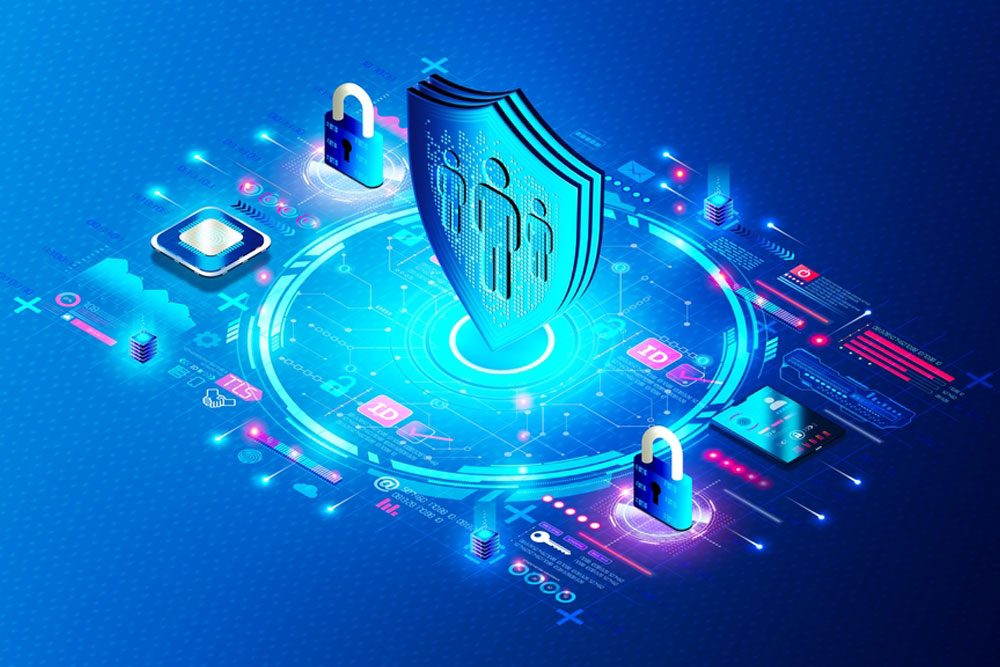There are several important facets that may play a role in your business’s cybersecurity and other IT areas, and one that’s worth paying attention to for organizations of various sizes is known as privileged access, or privileged access management (PAM). What exactly does PAM refer to, and how can businesses across numerous industries ensure they’re maintaining best practices here?
At Elevated Networks, we’re happy to offer a wide range of managed IT and related services to clients around St. George and other parts of Utah, including a full suite of cybersecurity management solutions. Here’s a primer on what privileged access is within the IT world, the types of privileged accounts that can be utilized, and some of the key reasons why privileged access management is so important.
What is Privileged Access in IT?
For those just learning about IT and cybersecurity concepts, it’s important to understand what privileged access is. Put simply, privileged access refers to any user account that has elevated permissions or abilities within an IT system.
This typically means the ability to install applications, modify base configurations of a system or network, add new users to a system, or perform any other type of administrative task. In other words, privileged access is what enables an IT professional to get the job done.
Types of Privileged Accounts
There are several different types of privileged accounts that may be present in today’s IT systems:
- Local administrator accounts: These are accounts that allow users to make changes to a single device or machine within the network. For instance, a local admin account may allow users to install applications or modify system settings on a single computer.
- Domain administrator accounts: These are similar to local admin accounts, except they provide elevated permissions across the entire domain, rather than just on an individual device or machine.
- Service accounts: These are accounts that are used by automated programs or services to access resources in an IT system. For example, a service account may be used to access the company database or run certain programs.
- Application accounts: These are accounts that are used by applications to access other systems in the network. For instance, an application account may be used for a web server to connect to the company’s authentication system.
- Directory or domain service accounts: For things like password changes and account lockouts, directory or domain service accounts are used to manage user access across the entire network.
- Emergency (also called “break glass” or “firecall”) accounts: These are privileged accounts that have the ability to override security protocols or settings in an emergency situation.
Why Is Privileged Access Management Important?
There are several specific benefits and purposes of robust privileged access management for your company’s IT setup. These include:
- Protecting against internal and external threats: Through privileged access management, businesses can ensure that only authorized users have access to sensitive systems and data. This helps protect against both malicious internal threats, as well as external cyber attacks.
- Limiting user privileges: With a proper PAM system in place, businesses can limit the amount of access each user has on the network. This means that users are not given more access than they need, which can help reduce the chance of a breach.
- Improving operational performance: By limiting user privileges, businesses can ensure that users are not performing tasks they do not need access to. This helps improve operations by ensuring that users are only working on activities related to their job roles.
- Reducing compliance risk: Many organizations must meet certain regulatory requirements such as HIPAA or PCI DSS, and a proper PAM system can help reduce the risk of non-compliance. By ensuring that only authorized users have access to sensitive data, companies can avoid costly fines and other penalties from not meeting requirements.
- Satisfying cybersecurity insurance requirements: For businesses who carry cybersecurity insurance, having a proper PAM system in place may be required for coverage.
At Elevated Networks, we understand the importance of privileged access management and can help ensure that your company is protecting itself against any threats to its systems. Reach out today for more information on how our team can assist you with all your managed IT services and cybersecurity needs around St. George and other parts of Utah.
